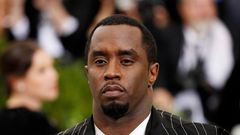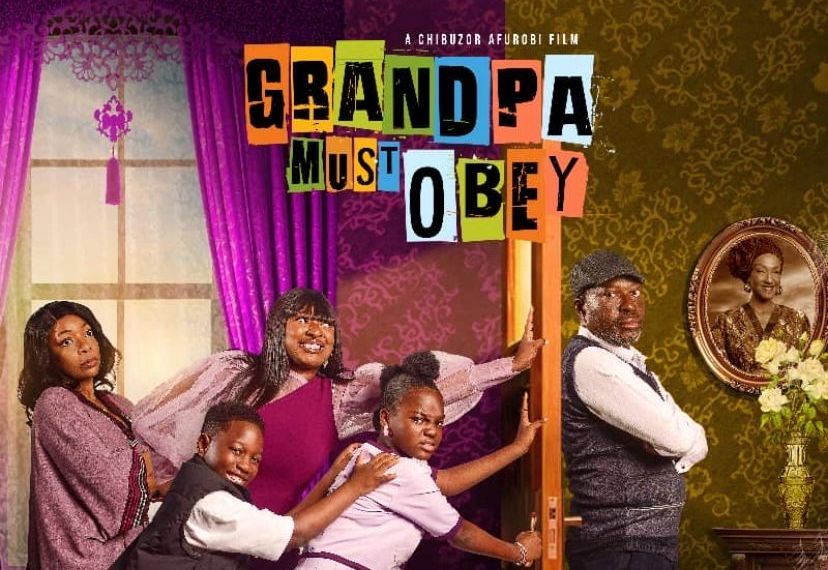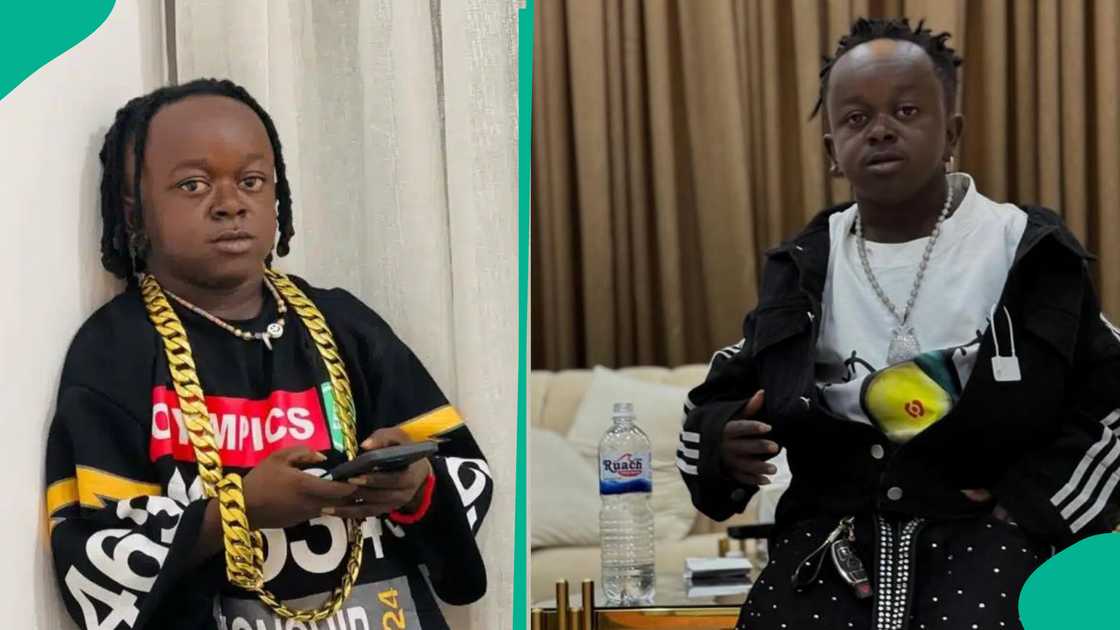In a recent decision that is attracting widespread attention across both the United States and Africa, a federal judge has declined Sean “Diddy” Combs‘ request to be transferred to a different correctional facility. Diddy, the renowned rapper and business executive, will remain at his current location in New York to serve his four-year prison sentence, despite appeals to move him to New Jersey.
The star’s legal representatives had sought a transfer to the Federal Correctional Institution in Fort Dix, New Jersey—a low-security institution commonly described as having a less restrictive environment. According to Diddy’s team, Fort Dix offered two key advantages: proximity to his family and access to more comprehensive drug rehabilitation programs that could support his alleged recovery process.
Nonetheless, Judge Arun Subramania ruled against the motion after careful consideration. His judgment stated that Combs should continue serving his sentence in the current New York facility, citing legal grounds and correctional policy for his refusal to grant the transfer. Diddy’s case has since become a focus of legal and entertainment conversations, raising questions about how influential figures face criminal justice, both abroad and locally.

What Did the Court Decide?
In the official court documentation responding to the rapper’s request, the judge laid out a clear rationale for denying the transfer.
The court will recommend a facility in the geographic location of the defendant’s choosing, but not the specific facility which is determined by the Bureau of Prisons. For that reason, the court will include the following recommendation based on the defendant’s request:
The court recommends that the defendant be incarcerated as close as possible to the New York metropolitan area and recommends that the defendant be considered for admission to any available substance abuse program, including the Bureau of Prisons residential drug abuse program for which he qualifies. If there is a different geographical location that the defence is pleased to advise the court.
Why Is Diddy Going to Prison?
The events leading up to Diddy’s sentencing have had a global echo, touching on issues of justice, celebrity accountability, and gender-based violence. According to reports, Combs was taken into custody by U.S. Homeland Security at a Manhattan hotel on September 16, 2024, following a federal grand jury indictment. The prominent musician faced charges of sex trafficking and racketeering, and news of his arrest instantly made headlines across continents, including here in Nigeria and broader Africa where Diddy remains a household name due to his influence on music and fashion.
During his initial appearance on September 17, 2024, Combs pleaded not guilty. What followed was a drawn-out trial process over several months, as multiple witnesses gave their testimonies. In a verdict delivered on July 2, 2025, the jury found Combs not guilty of racketeering conspiracy and both counts of sex trafficking. However, he was convicted on two lesser counts related to transporting individuals for purposes of prostitution—a violation rooted in the Mann Act of 1910, a law historically used to regulate and prosecute cases of transportation for illegal sexual activities.

Attempts by Diddy’s defense team to overturn the conviction through the courts were unsuccessful. This ultimately paved the way for his sentencing, which took place on October 3, 2025. The former mogul was handed a 50-month prison term after being found guilty of transporting former partner Cassie Ventura and another unnamed woman (referred to as ‘Jane Doe’) for purposes of unlawful sexual activity. This case has drawn sharp parallels with high-profile international legal battles involving powerful personalities, and has sparked debates about legal double standards and gender equity in justice systems worldwide.
Before receiving his sentence, Combs reportedly addressed the court, publicly accepting responsibility for his actions for the first time. He admitted that his past behaviour was “disgusting, shameful and sick,” and offered an apology to both Cassie and “Jane Doe,” expressing remorse for the abuse they endured. His admission was widely reported and discussed in legal and entertainment circles alike.
Emphasising the need for strong deterrents, Judge Subramanian noted in his sentencing remarks that a substantial penalty was appropriate. He stated, “A lengthy sentence is necessary to send a message to abusers and victims alike that exploitation and violence against women is met with real accountability.” This standpoint echoes trends in many countries—including Nigeria—where advocacy against sexual and gender-based violence has gained significant momentum in recent years, with increased pressure on governments to enforce meaningful consequences.

Exploring Local and Continental Relevance
For many Nigerians—and indeed, West Africans—this high-profile development resonates for several reasons. Diddy, as a global pop culture icon, has longstanding ties to African music, business, and philanthropy. His legal troubles demonstrate that fame does not always shield personalities from justice, a message echoed across Nigerian social media platforms, talk shows, and the entertainment industry.
Legal experts in Lagos, such as Barrister Ijeoma Onyeka, remark that, “The prosecution of international celebrities on such charges puts global pressure on local legal systems to prioritise victims’ rights in cases of abuse and trafficking. It also raises public expectations on how similar cases should be handled in Nigeria.” Discussions have intensified about the gaps in protections for survivors, the proper implementation of the Violence Against Persons (Prohibition) Act (VAPA), and the need for reforms in the region’s justice systems.
Meanwhile, some commentators highlight differences in enforcement and public perception of celebrity cases in Africa versus the US. In the US, media coverage and public outcry often influence proceedings, while in Nigeria, there remains both strong advocacy from civil society groups and skepticism about the impartiality of justice when high-profile figures are involved. The Diddy case serves as a global benchmark and learning point for ongoing reforms.
Global Impact: Setting Precedents
This occurring in the U.S. legal context holds significant lessons for other nations battling sex trafficking and gender-based crimes. According to UN Women and other international observers, there has been a rise in high-profile cases worldwide, resulting in renewed advocacy for stronger legal protections and survivor support. Diddy’s case is already cited by legal scholars as an example of how established systems balance celebrity influence with judicial accountability.
- The U.S. conviction under the Mann Act demonstrates historic statutes can still be applied to modern cases of sexual exploitation.
- The public apology from a widely recognized figure may increase awareness and reshape conversations about accountability and rehabilitation.
- Judge Subramanian’s emphasis on the social message will likely resonate in judicial circles across countries with similar legal frameworks, including Nigeria and Ghana.
Expert and Public Reaction
Local reactions in Nigeria have been mixed. Social analysts—including Abuja-based researcher Tunde Salami—have noted that, “The conviction highlights the universality of abuse and the importance of continually updating our legal and support systems, so that no status or wealth stands above the law.” Nigerian advocacy groups have utilized this case to call on lawmakers and justice officials to strengthen measures against trafficking and violence, referencing the increased reporting in domestic cases since global attention intensified.
Entertainment industry insiders in Lagos and Accra also point to the impact of scandals involving global superstars. The fallout from Diddy’s trial is already reshaping how fans, brands, and other artists approach issues of accountability, with some music platforms pausing collaborations and events pending further review of legal outcomes. Others believe that this case could encourage celebrities to take public stances on social matters, especially around abuse and human rights.
Comparing with Historical and Regional Trends
West Africa has witnessed similar debates over celebrity justice, from long-running conversations around Nollywood stars facing allegations to politicians being held to account for misconduct. However, successful convictions remain rare, and uneven enforcement frequently sparks public outrage. The Diddy trial stands out both for its international visibility and the relative speed with which the verdict was reached—contrasting with protracted cases within Nigeria’s own legal system.
This moment may spark renewed calls for legal reform, capacity-building for investigative agencies, and better survivor protections in African countries where social stigma and delayed justice remain barriers to accountability. Policymakers, affected communities, and artists themselves are watching closely to see how similar cases are handled in both the West and on the continent going forward.
Conclusion: A Turning Point for Justice?
Diddy’s sentencing represents more than the outcome of a star’s legal battle—it’s a flashpoint for discussions about the effectiveness of judicial processes, gender rights, and the responsibility of power in society. Nigerians and other West Africans can draw vital lessons from this episode, both in terms of improving legal responses at home and encouraging greater awareness of survivors’ experiences and justice system reform.
What are your thoughts on how justice was served in the Diddy case, and what can Nigeria and West Africa learn from it? Share your perspective below—and don’t forget to follow us for the latest developments and in-depth analysis on topics shaping society here and abroad.










